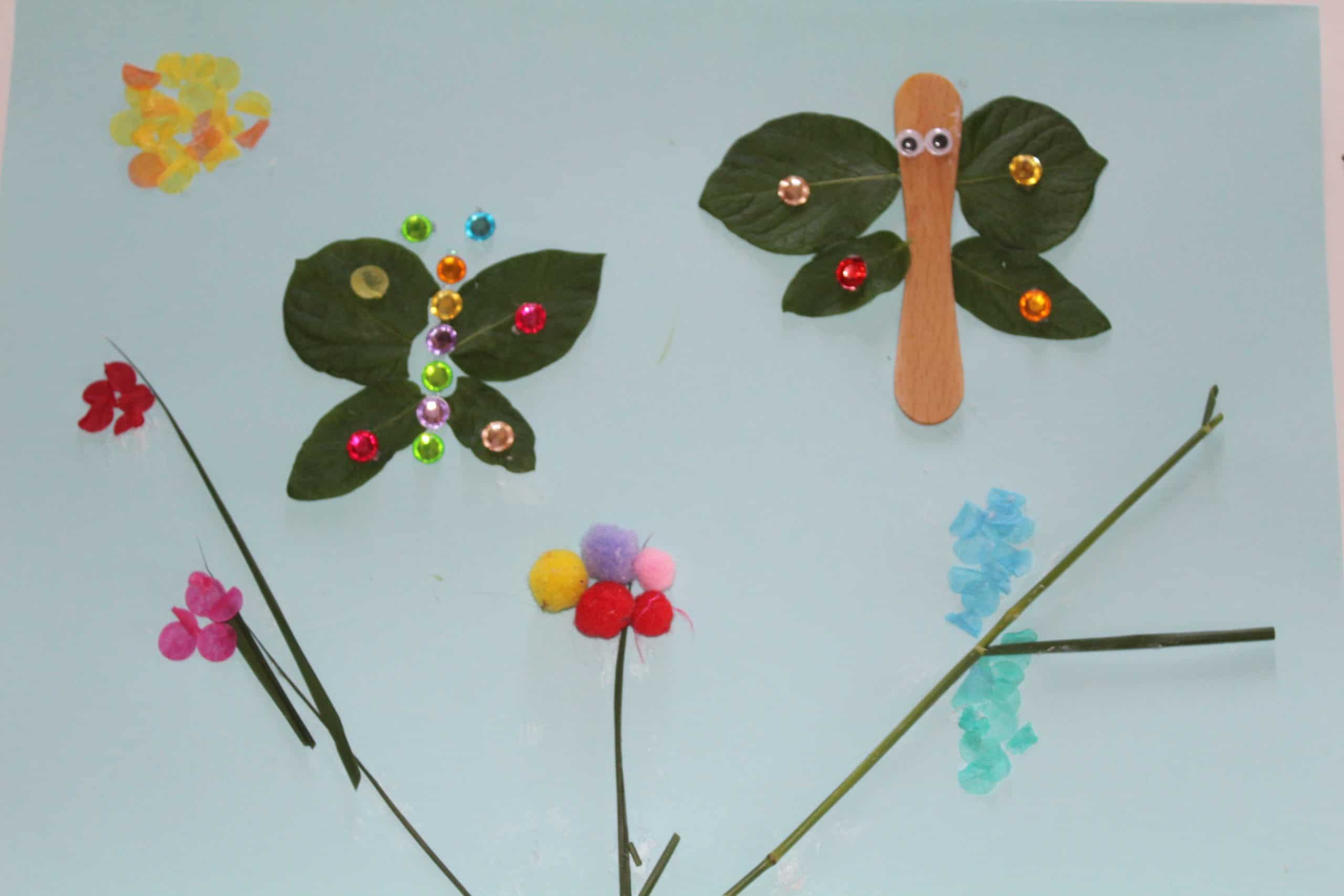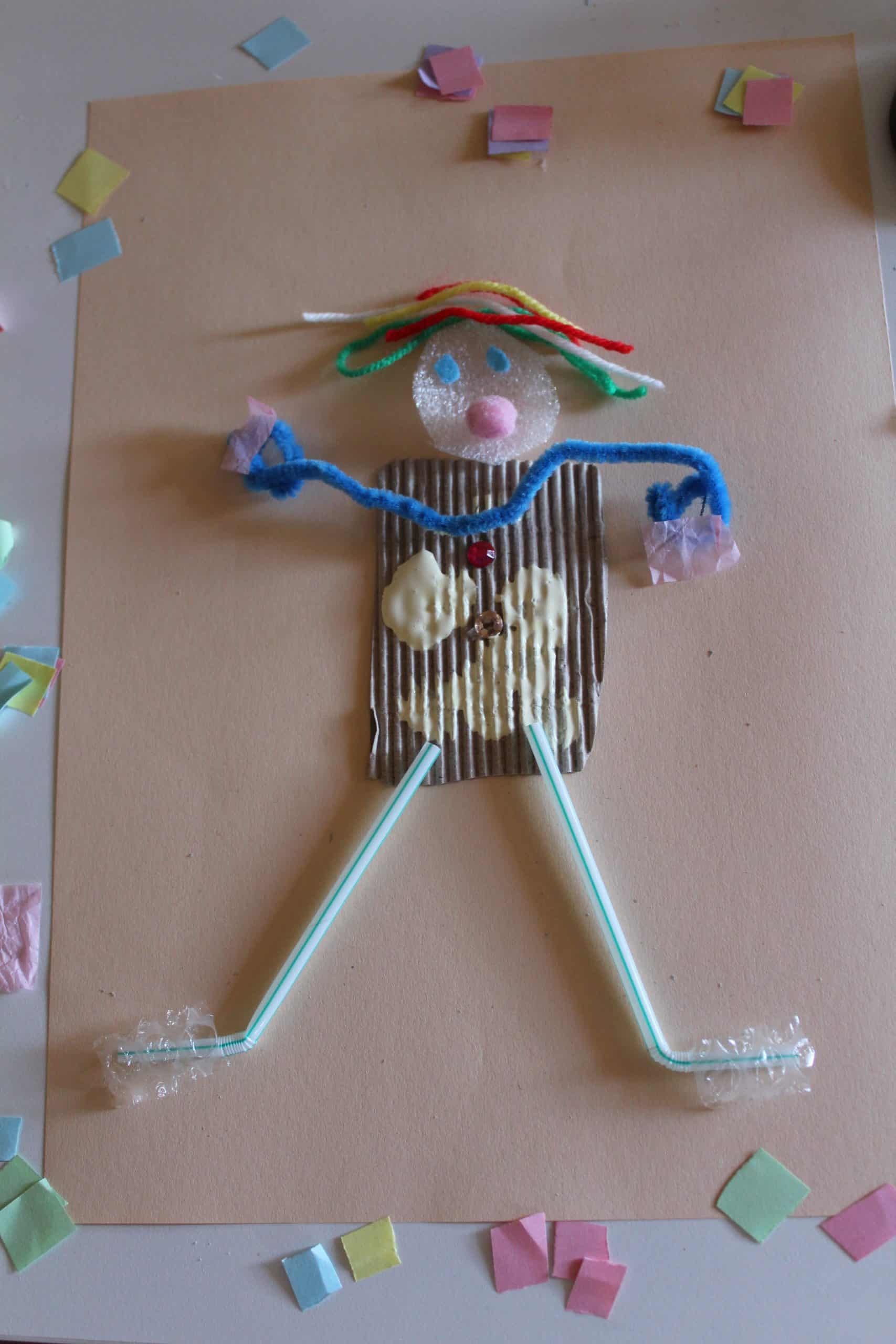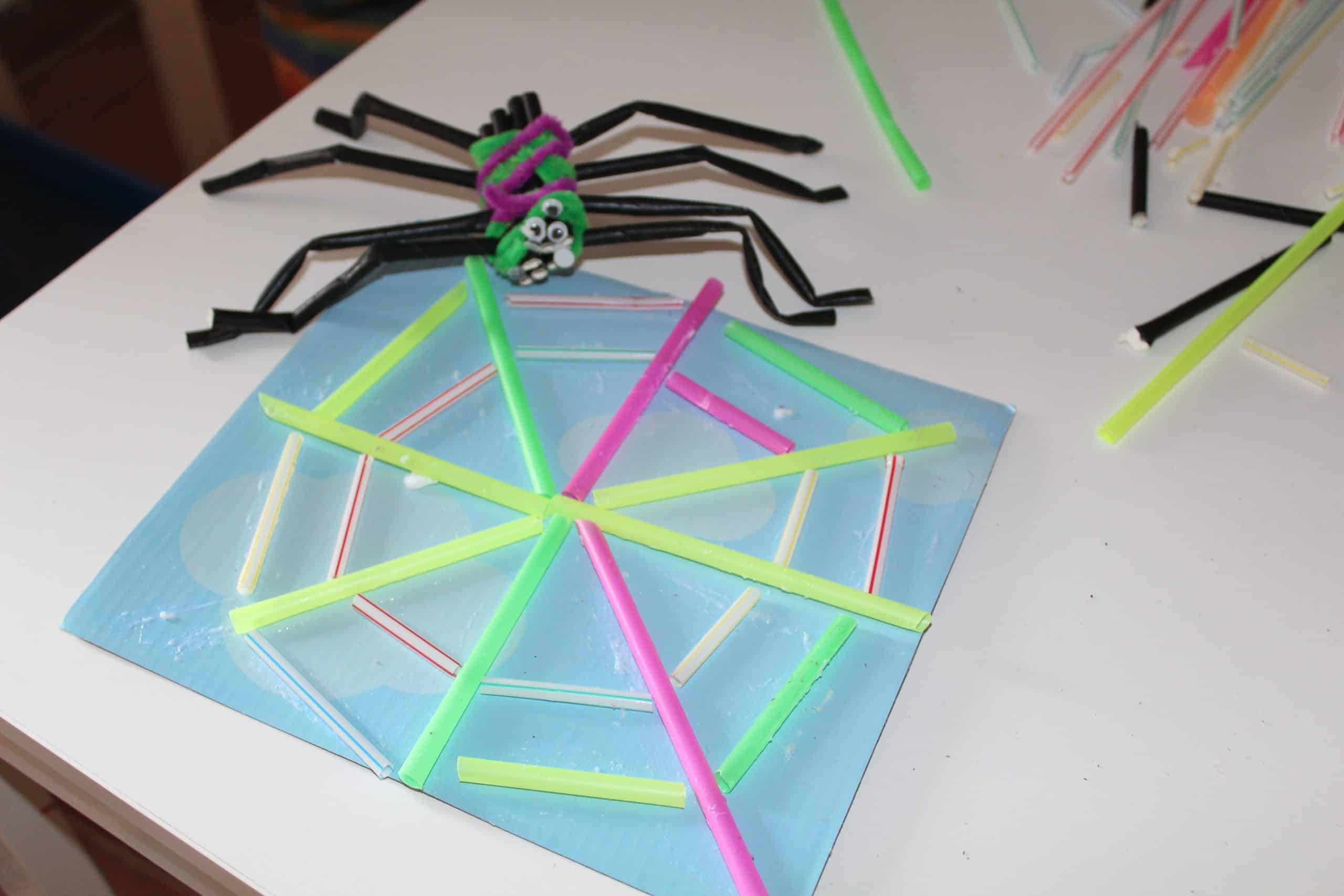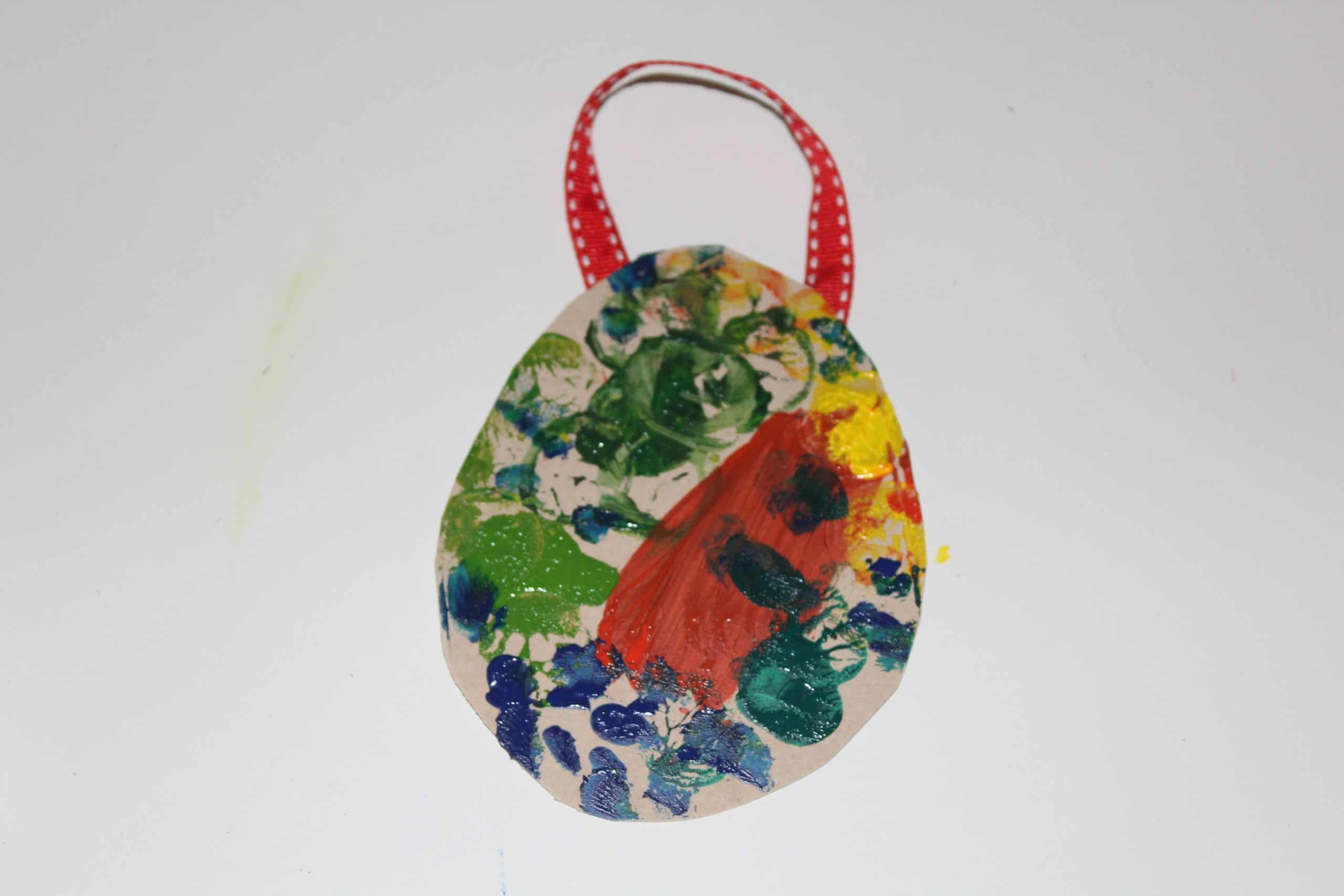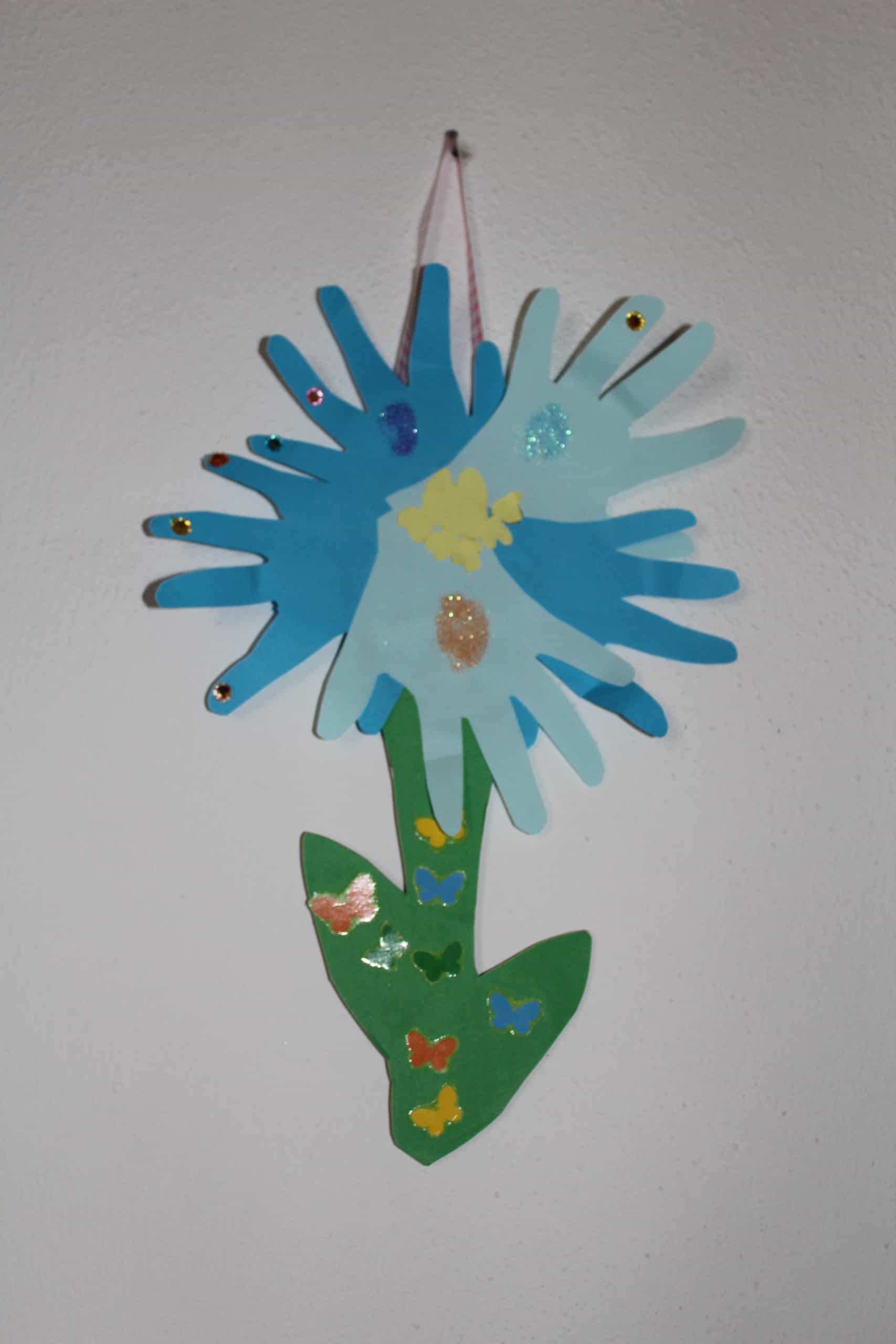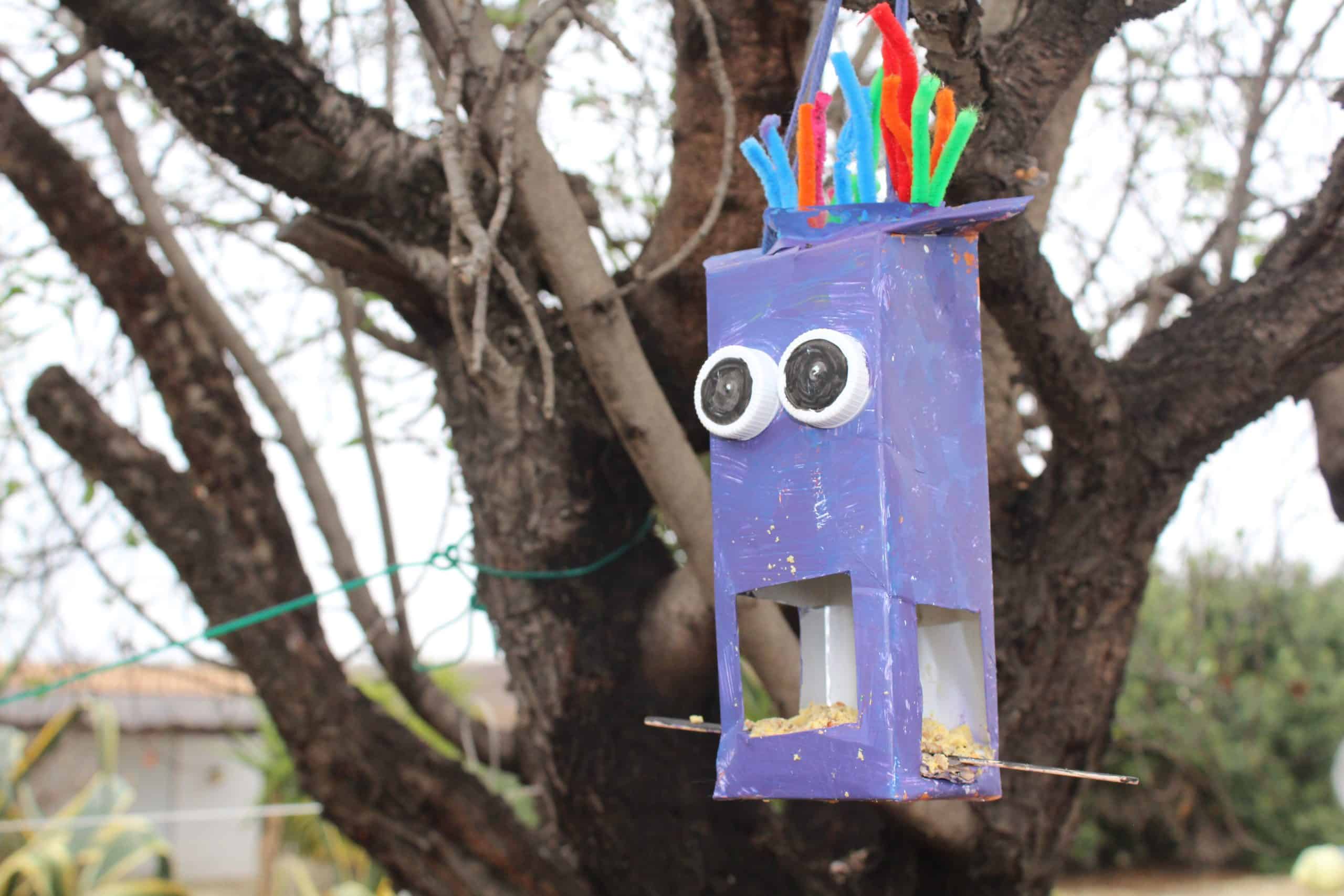Toddlers bicker in the corner, squealing at the top of their lungs. A dog barks at the front door because the mailman just walked past the house. Your baby cries softly in his high chair. About that time, a bubble of stress swells inside of you and you lose it. You yell at everyone that steps in front of your warpath and you spare no one.
Sound familiar?
Unfortunately, that’s a reality for many parents. Often, we hear the term “sensory overload” in regards to children. We label them sensory seeking and sensory avoidant depending on their responses to their environments. But we often fail to recognize that adults also suffer from sensory processing disorder, or the lesser-known condition of being “highly sensitive.”

Sensory Processing Disorder (SPD) vs. Sensory Processing Sensitivity (highly sensitive)
Sensory Processing Disorder is designated in the DSM-V and defines diagnostic criteria for the dysregulation of sensory stimuli. Under SPD, you may have Sensory Modulation Disorder, Sensory-Based Motor Disorder, and Sensory Discrimination Disorder. While both can lead to disruptions in daily life, SPD is a neurological condition that interrupts your body’s sensory communication.
However, Sensory Processing Sensitivity or highly sensitive people are more likely to be “overly aware” of the stimuli in their environment. Everyday stressors such as crowds, background noise, a stuffy room, etc. can become too much and quickly lead to an overwhelmed individual that may lash out, avoid the situation, criticize others, break down, and ultimately feel guilty for their emotional responses. While not a disorder, highly sensitive people are shown to have a more pronounced central nervous system sensitivity to stimuli.
Triggers
- Loud television or radio
- Screaming/ crying
- Siblings fighting
- Clutter
- Unfinished chores
- Bills
- Backtalk
- Hunger
- Uncomfortable temperatures
- Lack of time
- Crowds
- Traffic
- Surprises
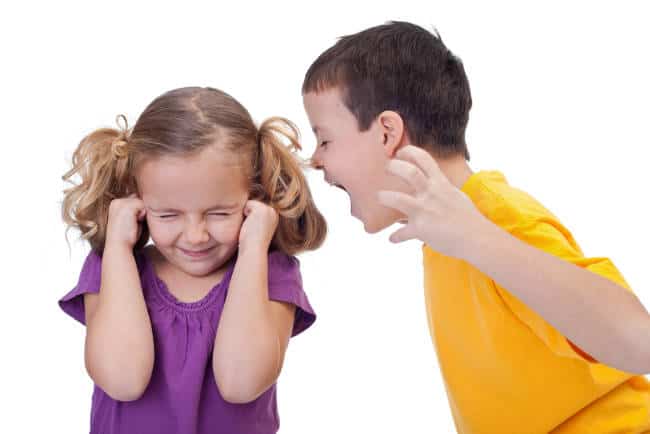
These are just a handful of triggers, but their common thread is that they tear us apart, leaving us frazzled, reactive, and exhausted. You may think of yourself as reserved, quiet, introverted, but did you ever think that maybe excessive stimulation from your environment is actually physically and emotionally distressing? And unlike in your younger days where you could retire to your bedroom, shut the door, and rest, you don’t necessarily have that option when you’re a parent.
Maybe you’ve been able to keep a lid on your emotions and chronic anxiety resulting from being highly sensitive until now, but as many parents know, your glass begins to empty after filling the glasses of others all day. The natural tendencies of parenting don’t leave much leftover for yourself. Without that critical reset time, triggers can be hard to conquer.
If you’ve experienced the rush of emotions following a highly sensitive trigger, you’ve probably also experienced the intense guilt that trails whatever reaction you’ve just unleashed on your family or innocent passerby. Most HSPs (highly sensitive people) are highly critical of themselves and will often grapple with the guilt they feel for a while, which in itself, can become yet another trigger.
So how do we cope? Break the cycle?
Coping Strategies
There are a number of ways to ease the burden on you as a highly sensitive parent, but most of them involve some degree of scheduling. You have to prioritize your need for quiet wind-down time to recharge your battery.
Schedule quiet time during the morning or afternoon. Offer a quiet activity such as arts/crafts, a walk in nature, reading, even TV. The goal is to provide your children an outlet that allows all of you the time for peace and reflection. You can schedule this for whenever it would best suit you. If you get particularly fatigued in the afternoon, try for quiet time after lunch.
Ask for help. This is hard for a number of reasons. Maybe your spouse works and you stay home. Maybe you’re a single parent with no one readily available to help. If you can, however, ask for support so you can spend time alone. Even an hour of quiet alone time is better than nothing and will help your tolerance threshold against triggers.
Monitor your glass. If you have a clear mind in the morning before the chaos of the day trickles in, plan your more complicated tasks for then. Pay bills. Make appointments. Do your work tasks… Later, when you’ve reached the “fried” point of the day, plan more mindless tasks such as laundry, cleaning, backyard playtime. Your energy ebbs and flows, even for non-sensitive people. So, planning accordingly will help everyone’s day.
Sprinkle self-care throughout your day. Self-care is imperative for maintaining your calm as a HSP. Prioritize a hot shower, drink the cup of coffee, smell some lavender, go to that hair appointment, wear the cute outfit! If it makes you happy, do it for the benefit of you and your kids. In combination with other lifestyle adjustments, small acts of self care will calm the storms brewing inside and help you keep the peace in your home.
Cut back on stimulants. I know, coffee and parenthood go hand in hand. However, drinking too much caffeine or eating too much sugar can keep you amped up even when you’re doing your best to calm down. If you’re drinking several cups of coffee throughout the day, consider having decaf half the time. That way you can still have the warm beverage that allows you a moment of mindfulness without the added caffeine.
Teach the strategies
Many people don’t realize they’re highly sensitive until they become parents. Why? Well, often it’s after they fall down the Google rabbit hole searching for symptoms of postpartum depression, anxiety, and reasons for their inconsolable crying infant.
Infant? Yes. Many parents discover their own sensitive traits after observing their sensitive children. And it’s no surprise. Research tells us that up to 50% of sensitivity is heritable.
So, while you make lifestyle switches for yourself, consider passing the practices onto your kids. They’ll have a better understanding of their own emotional well-being and what tools they can use when they also become overstimulated.


